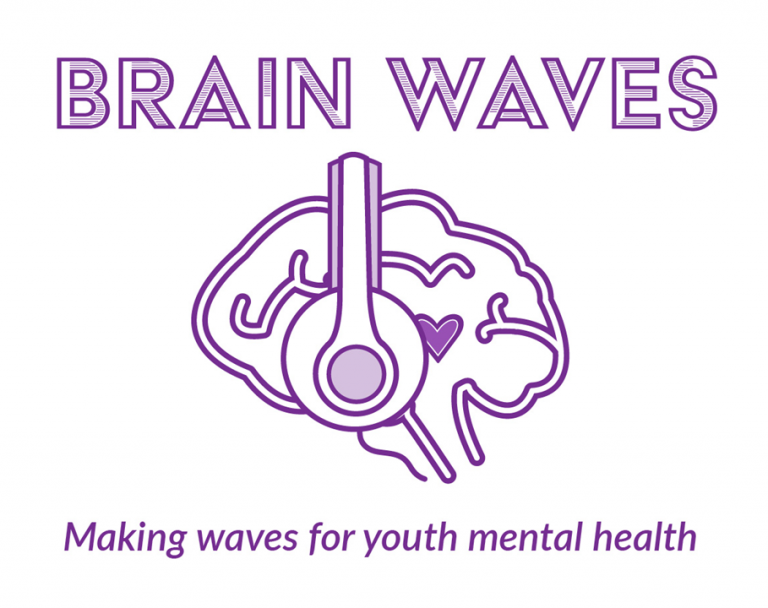Guest Blog written by Allison Tu, Junior, duPont Manual High School
I’m Allison Tu, a junior at duPont Manual High School in Louisville, and I recently founded an action group called the Student Alliance for Mental Health Innovation and Action, or StAMINA for short. StAMINA is student-driven group on a mission to change the state of student mental health in Kentucky.
We formed this group as a response to the mental health challenges we noticed our friends and peers at our magnet school experiencing, ranging from stress and anxiety to depression and even suicidality. Even though students seemed to be struggling with significant mental health challenges, no one seemed to be doing much about it. We watch the same exact suicide prevention video at the beginning every year and that’s where the mental health conversation abruptly starts and ends. As students, we’re consistently unwilling to broach the subject of mental health for fears of the immense stigma surrounding mental health and have been left to suffer silently.
Our personal experiences were confirmed by district, state, and national data. Adolescent mental health issues are at an alarming all-time high among Kentucky youth—rates of depression, anxiety, and the “self-medication” associated with substance abuse are skyrocketing among Kentucky students. One in ten Kentucky youth suffer at least one major depressive episode every year and one in three Kentucky adolescents report they are so sad, anxious, or hopeless they have stopped pursuing activities that they normally enjoy. Half of Jefferson County students indicate they feel depressed, anxious, or hopeless up to 50% of the time. An alarming two out of three Kentucky adolescents affected by depression receive no treatment and the average national gap between onset of mental health symptoms and treatment is a full decade.
Mental health, however, is incredibly important for well-being and academic and extracurricular performance. Unaddressed mental health challenges can quickly lead into the even more severe substance abuse and suicide. Almost 40% of students affected by mental illness drop out of school, the highest dropout rate for any disability group.
These shocking statistics combined with the stories we live and hear every day are what drove us to create StAMINA. Our mission is simple and urgent: to decrease the stigma surrounding mental illness and increase effective mental health prevention and treatment services for Kentucky youth. State and local government sponsors have been successfully enlisted to the cause, as well as community leaders and school administrators. However, we fervently believe top-down approaches to youth services are insufficient and, instead, must be married to student and stakeholder insights and voice, if they are to succeed.
Consequently, we have embarked on a three-pronged, youth-driven approach to identify new ways to address adolescent mental health needs. The first step is a wide-ranging needs assessment, which will augment the dry, impersonal prevalence statistics with in-person interviews and roundtables with students and stakeholders across Kentucky (e.g., parents, pediatricians, guidance counselors etc.). A follow-on formal conference is planned for early 2018, where students, mentors, and stakeholders will leverage the assessment’s findings in hackathon-like workshop sessions structured to innovate and plan new outreach strategies and programs. The third step zeros in on decisive action and will likely include designing a social media campaign to reduce stigma and increase mental health awareness, advocating for new suicide prevention and mental health training in schools, lobbying for new screening initiatives at schools and doctor’s offices, promoting the use of digital behavioral health apps and tools that appeal to the youth population, as well as numerous other youth-identified best practices and innovations.
We believe that each and every student deserves access to the services and infrastructure that lead to strong mental health, and we will fight for these fundamental needs to be met.





